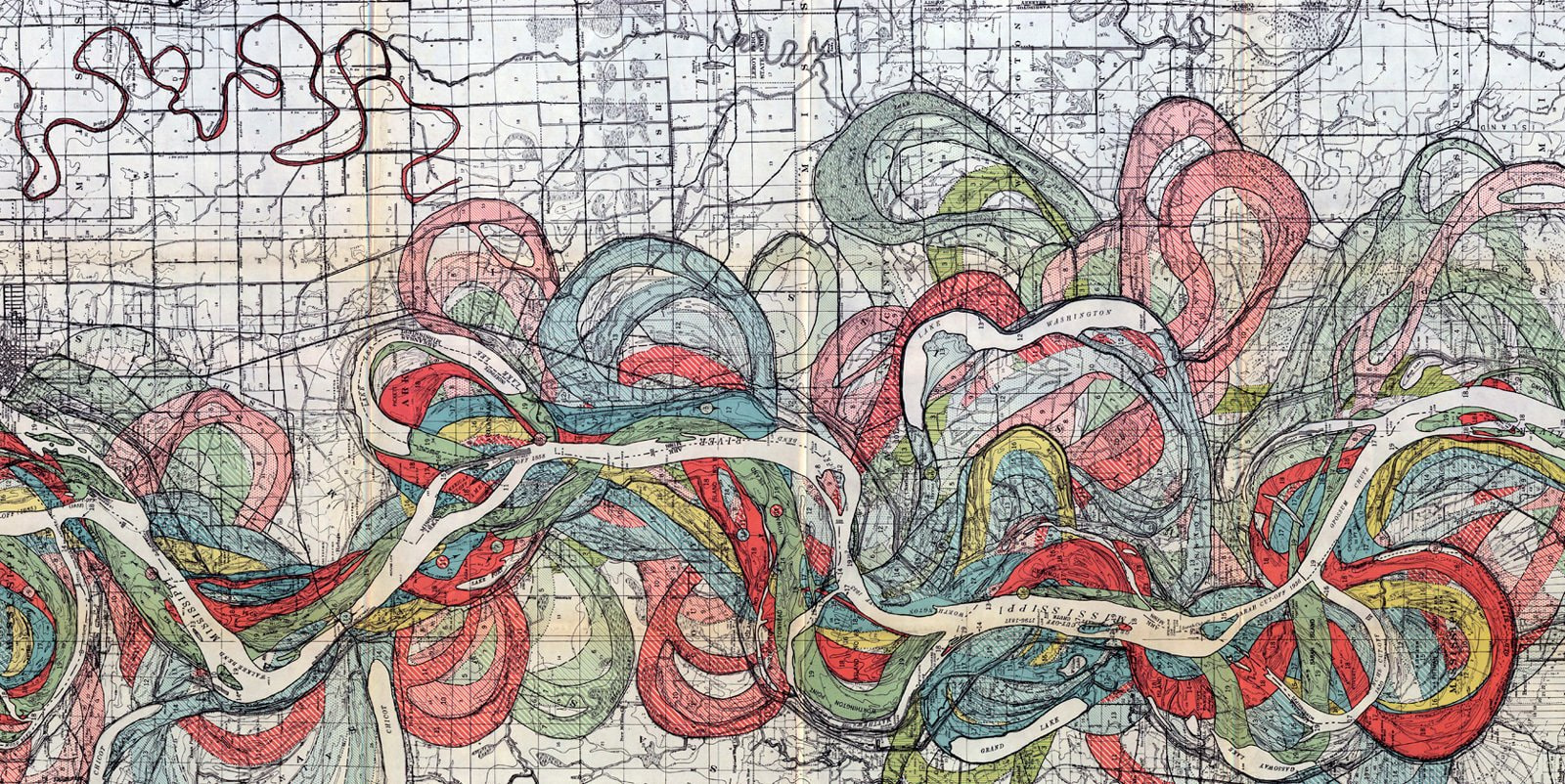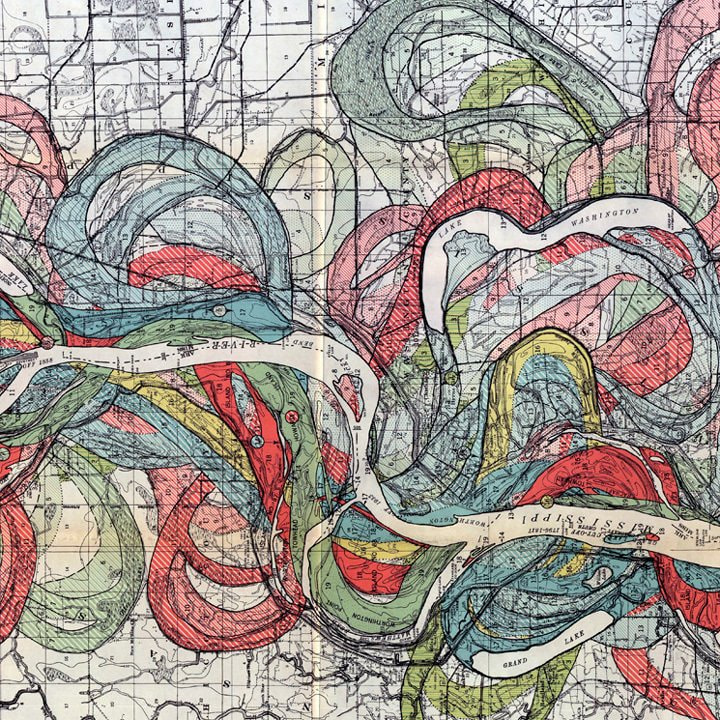Garage Summer School announces an open call for artists, curators, theorists, and researchers in the area of anthropology, humanitarian geography, and sociology wishing to enhance their academic study of the subjects of the Anthropocene, geophilosophy, and creative writing.
Beginning the second half of the twentieth century, the interrelationship between space and writing has remained one of the crucial issues in philosophy and art. This fundamental geophilosophical notion is approached through the relationship of Earth and World, space and consciousness, site and geoculture. At Summer School, such a general subject is specificated through the optics of the Anthropocene, linking the course to current sociopolitical and environmental agenda and connecting it with the issue of the relationship of man and nature globally today.
Earth and Writing: A Study of the Anthropocene is an interdisciplinary research and education project placing the subject of the Anthropocene at its core. Writing, understood rather in the sense of the French term écriture, or the English discipline creative writing, operates as the main cognition method. The three-week course is composed of lectures and seminars delivered by some of the leading Russian and international experts, including geographers and thinkers Dmitry Zamyatin and Vladimir Kagansky, artist and researcher Olga Deryugina, biologist and eco activist Maksim Bobrovsky, sociologist and geographer Jason W. Moore, curators, researchers and educators Binna Choi and You Mi (Unmapping Eurasia), philosopher and writer Ben Woodard, artist and researcher Emilio Fantin, and curator Viviana Checchia. The program for the participants includes critical/geographic courses, immersion in geophilosophy, deconstruction of the existent structures of comprehending space, introduction to localized curatorial practices, and external field research.
The School program will center around project work based on the apprehension of theory, field research of the Anthropocene landscapes, criticism and writing. Teaching is conducted in Russian and English.
The summer school Earth and Writing: A Study of the Anthropocene is conducted in a dialogue with the project The Coming World: Ecology as the New Politics 2030–2100.

